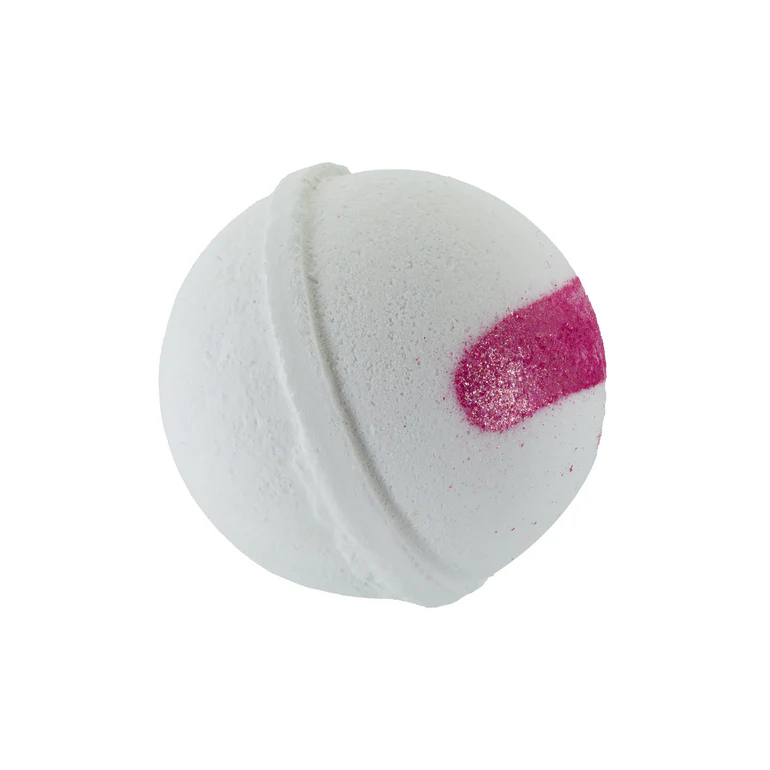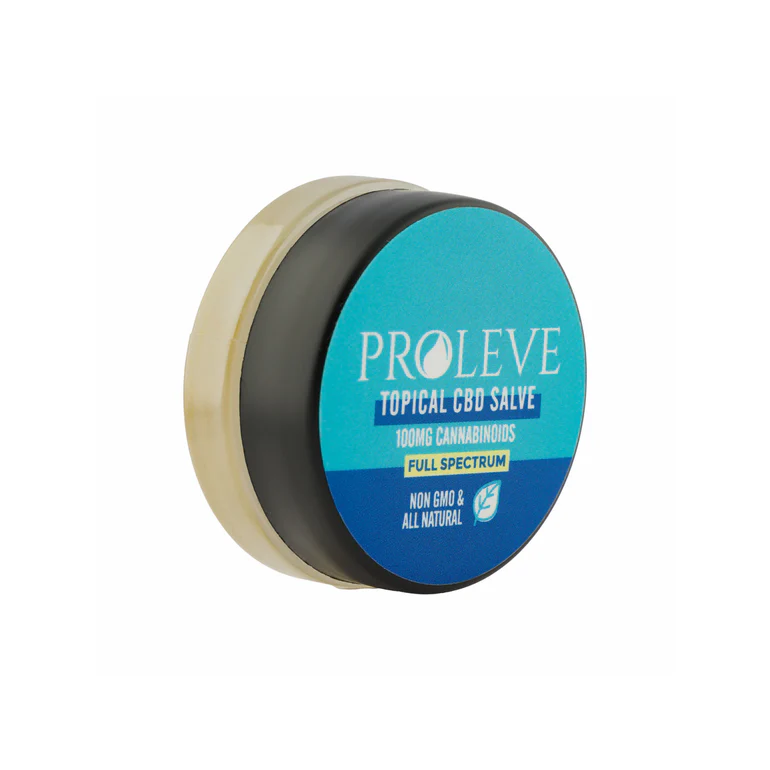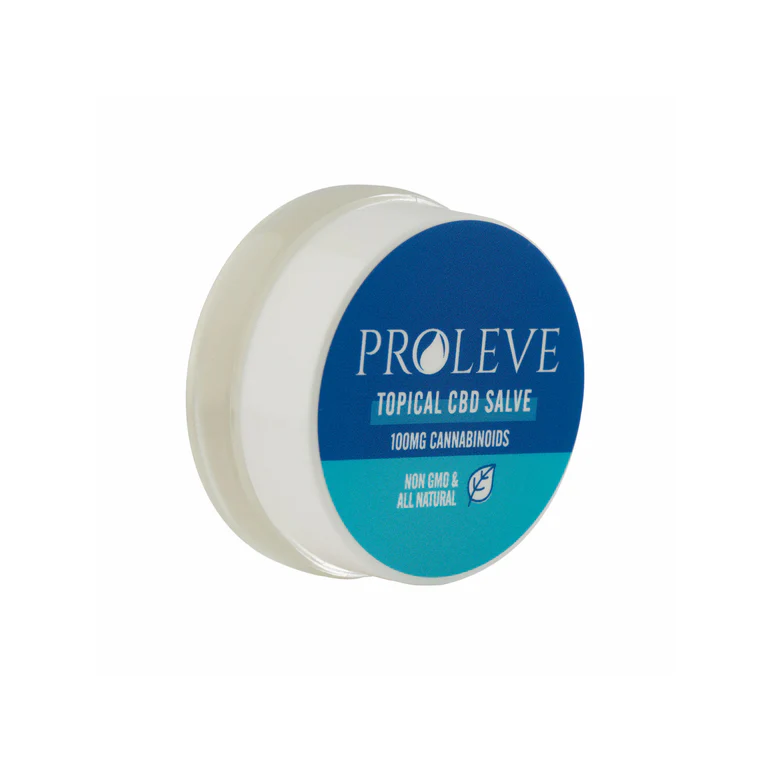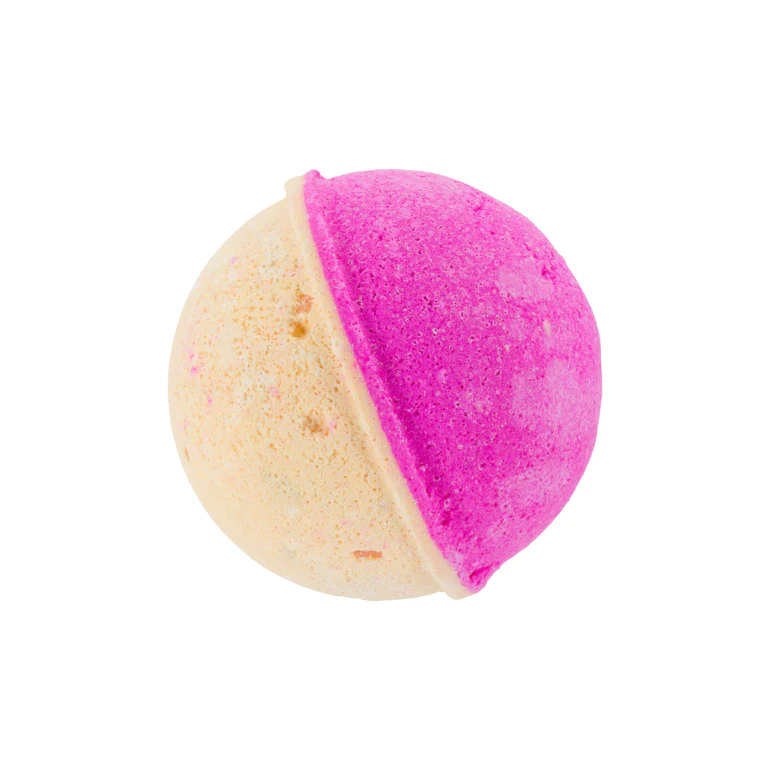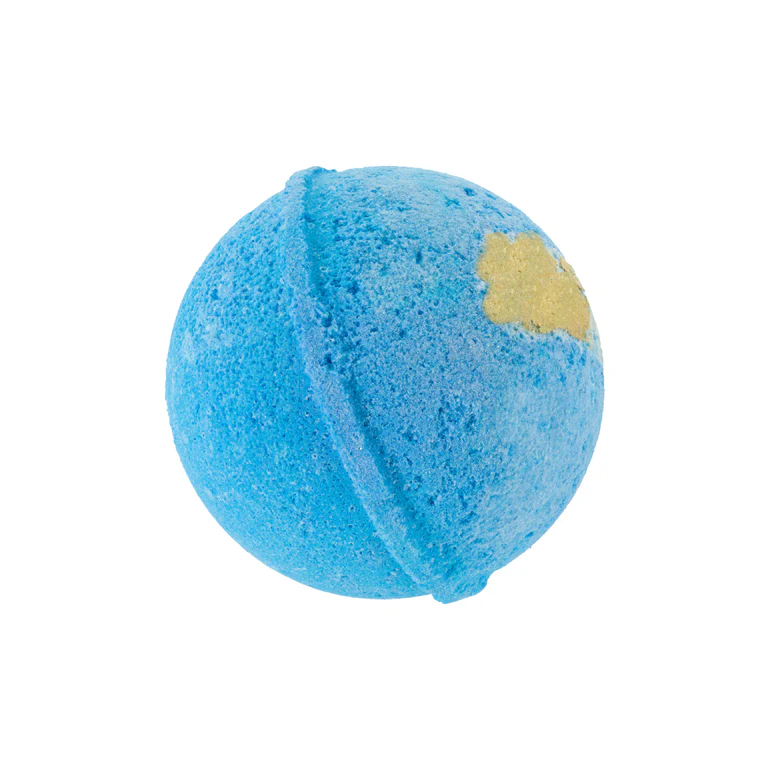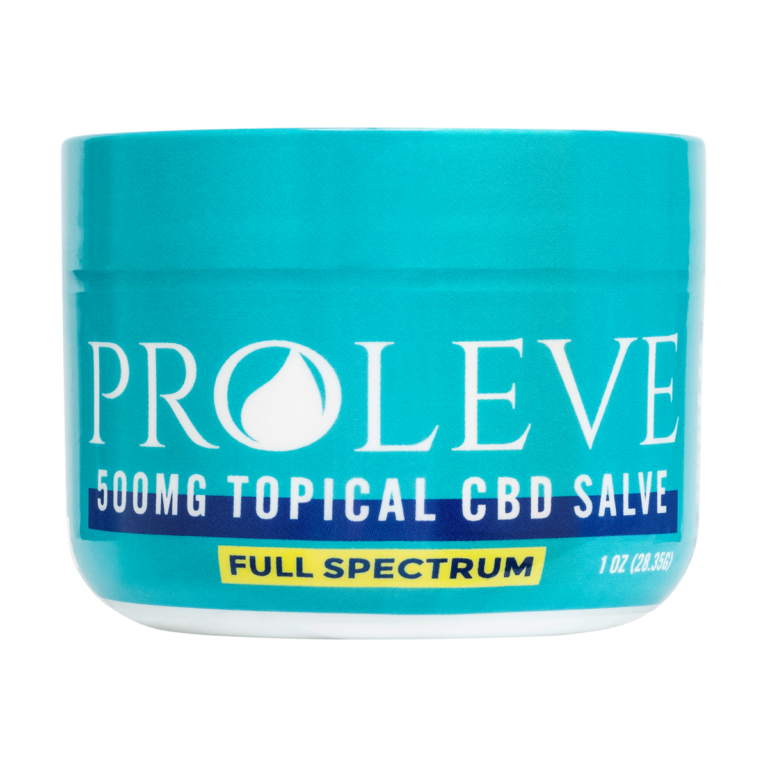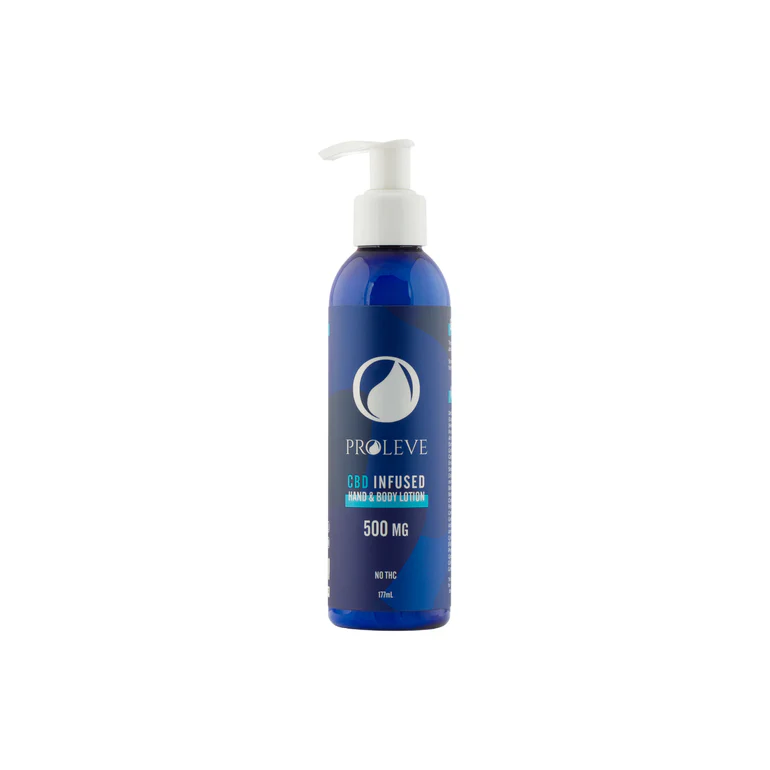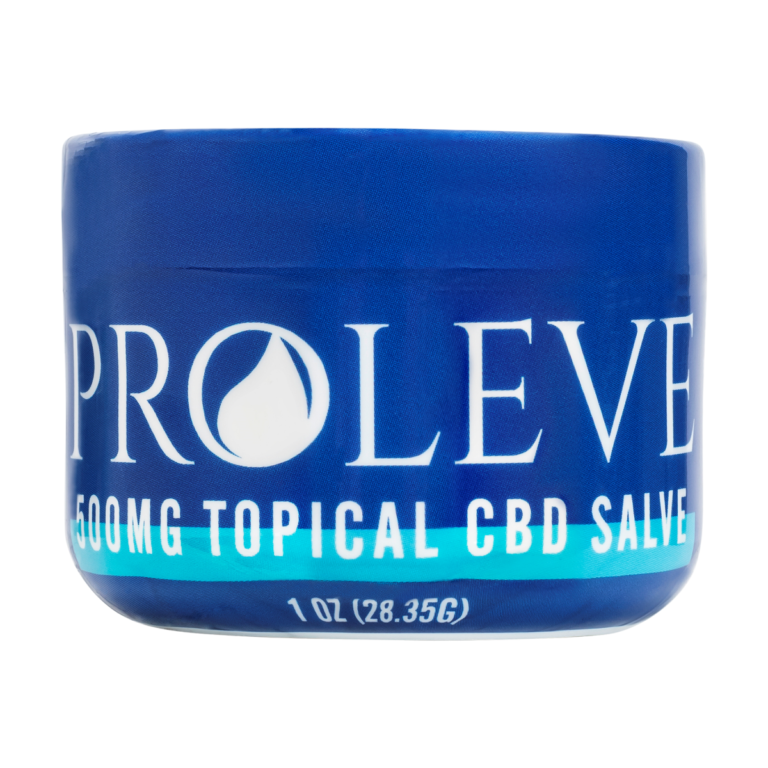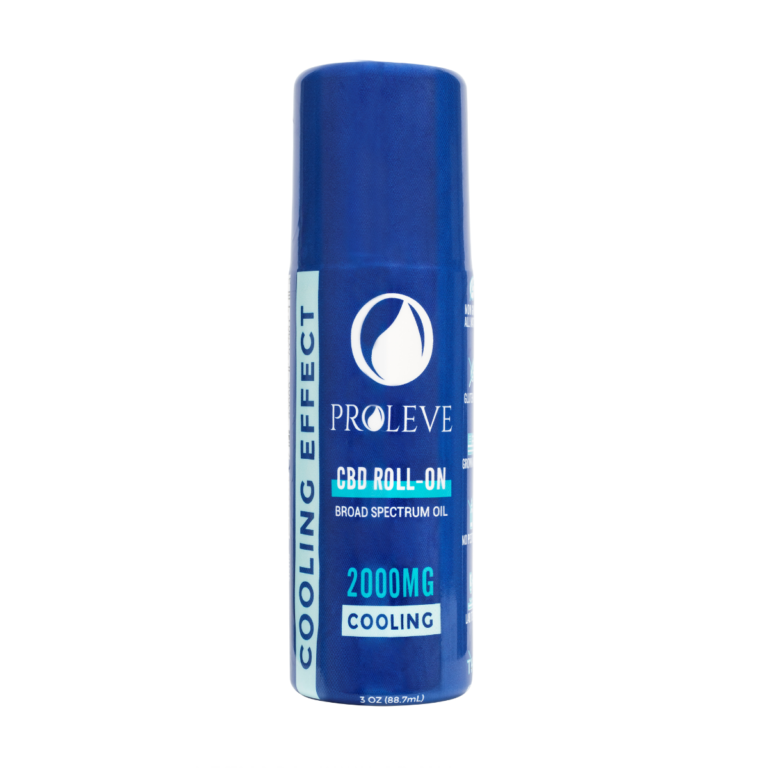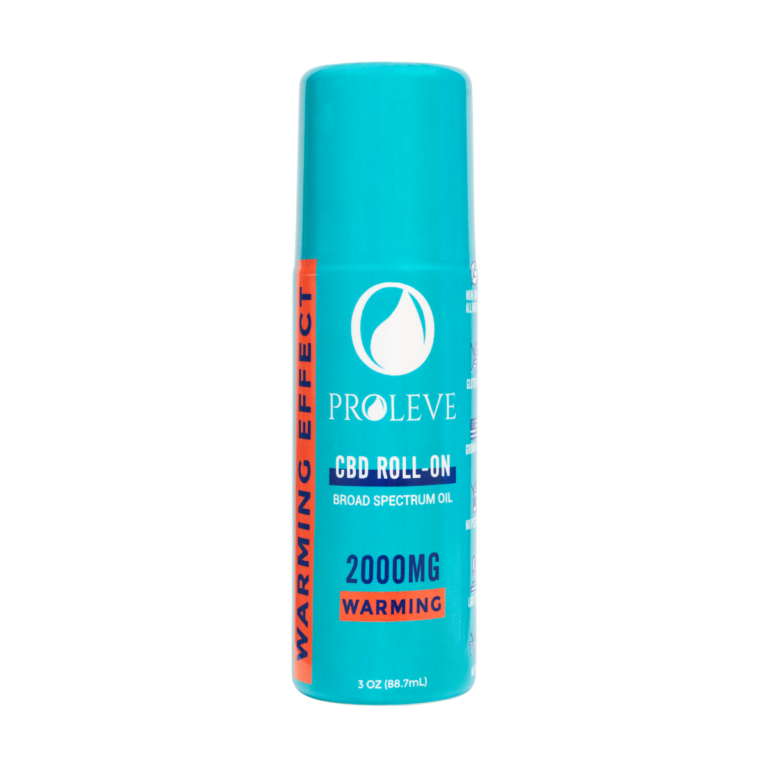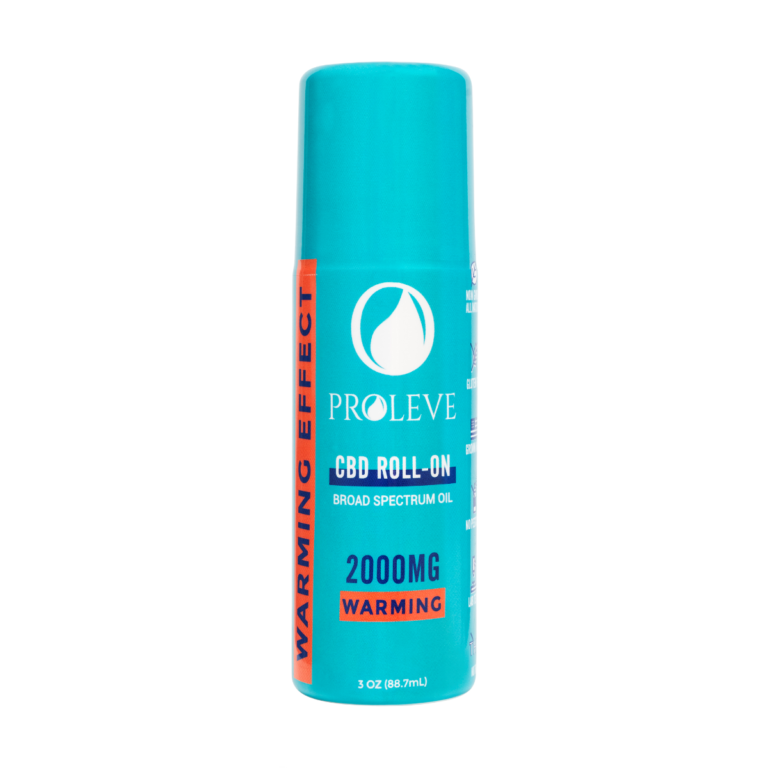CBD Topical Creams: Benefits, Applications, and Scientific Evidence
In recent years, CBD (cannabidiol) products have gained significant popularity in the wellness and skincare industries. Among these, CBD topical creams have emerged as a preferred option for those seeking localized relief without systemic effects. This comprehensive guide explores the science behind CBD topicals, their potential benefits, applications, and what consumers should know before making a purchase.
What Are CBD Topical Creams?
CBD topical creams are cannabidiol-infused products designed for external application directly to the skin. Unlike oral CBD products that enter the bloodstream, topicals work primarily at the site of application. According to the Harvard Medical School, CBD is one of over 100 cannabinoids found in cannabis plants, distinct from THC (tetrahydrocannabinol) in that it doesn’t produce psychoactive effects.
These creams typically combine CBD extract with various carrier oils, moisturizing agents, and sometimes additional therapeutic ingredients like essential oils or other botanical extracts. The Journal of Clinical Investigation has published research examining how cannabinoids interact with the skin’s endocannabinoid system.
The Science Behind CBD Topicals
The effectiveness of CBD topicals is linked to the endocannabinoid system (ECS), a complex cell-signaling system present throughout the body, including the skin. The National Institutes of Health (NIH) has funded research exploring how the ECS regulates various physiological processes including pain sensation, inflammation, and skin health.
When applied topically, CBD interacts with cannabinoid receptors in the skin’s ECS, potentially producing several effects:
- Anti-inflammatory action: CBD may help reduce inflammation by inhibiting inflammatory mediators, as suggested by research published in the European Journal of Pain.
- Pain relief: Studies from the Journal of Pain Research indicate that CBD may affect how pain signals are transmitted to the brain.
- Skin barrier support: According to research featured in JAMA Dermatology, cannabinoids may help maintain skin barrier function.
Potential Benefits of CBD Topical Creams
1. Pain Management
One of the most common uses for CBD topicals is pain relief. A review published in the Frontiers in Pharmacology journal found that topical CBD applications may help with arthritis-related pain and inflammation. The Arthritis Foundation acknowledges that some arthritis patients report benefits from CBD use, though they emphasize the need for more clinical research.
2. Skin Conditions
Research published in the Journal of Dermatological Science suggests that CBD’s anti-inflammatory and immunomodulatory properties may benefit various skin conditions:
- Acne: CBD may help regulate sebum production and reduce inflammation associated with acne.
- Eczema and Psoriasis: The anti-inflammatory effects may help manage these inflammatory skin conditions.
- Sensitive Skin: CBD’s soothing properties might benefit reactive or sensitive skin types.
The American Academy of Dermatology notes growing interest in cannabinoids for dermatological applications, though emphasizes that research is still developing.
3. Muscle Recovery
Athletes and fitness enthusiasts have embraced CBD topicals for post-exercise recovery. The Sports Medicine journal has published reviews examining the potential of cannabinoids in sports medicine, with particular focus on inflammation and pain management following intense physical activity.
Types of CBD Topical Products
Full-Spectrum vs. Broad-Spectrum vs. CBD Isolate
According to the FDA, CBD products generally fall into three categories:
- Full-spectrum CBD contains all cannabinoids naturally found in the cannabis plant, including trace amounts of THC (≤0.3% in federally legal products).
- Broad-spectrum CBD contains multiple cannabinoids but is typically THC-free.
- CBD isolate is pure cannabidiol, isolated from other cannabis compounds.
The Mayo Clinic suggests that the “entourage effect” – the theory that cannabinoids work better together than in isolation – may be relevant when choosing between these options.
Choosing Quality CBD Topicals
When selecting CBD topicals, consumers should consider several factors to ensure quality and safety:
1. Third-Party Testing
Reputable manufacturers have their products tested by independent laboratories to verify CBD content and check for contaminants. The Consumer Reports organization recommends only purchasing CBD products that provide access to third-party laboratory results.
2. Ingredient Transparency
Quality products clearly list all ingredients, including the specific type of CBD used and its concentration. The Environmental Working Group (EWG) offers resources for evaluating skincare ingredient safety.
3. Source of Hemp
CBD derived from organically grown hemp typically contains fewer pesticides and heavy metals. The U.S. Department of Agriculture offers organic certification for hemp grown under specific conditions.
Legal Considerations
The legal status of CBD products can be complex and varies by location. The 2018 Farm Bill legalized hemp-derived CBD containing less than 0.3% THC at the federal level in the United States, but state and local regulations may differ. The American Bar Association has published analyses of the evolving legal landscape surrounding CBD products.
Limitations and Considerations
While CBD topicals show promise, several considerations should be noted:
- Research limitations: According to the National Center for Complementary and Integrative Health, despite growing interest, rigorous clinical trials for many CBD applications remain limited.
- Individual variation: The World Health Organization notes that individual responses to cannabinoids can vary significantly.
- Drug interactions: The Cleveland Clinic warns that CBD may interact with certain medications, so consultation with a healthcare provider is recommended before use.
Conclusion
CBD topical creams represent an innovative approach to localized wellness applications, supported by growing scientific interest and preliminary research. While more clinical studies are needed to fully understand their efficacy for specific conditions, current evidence suggests promising potential benefits, particularly for inflammation and pain management.
For consumers interested in trying CBD topicals, prioritizing product quality, understanding different CBD formulations, and consulting healthcare providers when appropriate can help ensure the safest and most effective experience. As research continues to evolve, our understanding of CBD’s role in skincare and pain management will likely become increasingly refined.
With proper education and quality control, CBD topical creams may offer a valuable addition to many individuals’ wellness routines, providing targeted relief without systemic effects associated with ingestible CBD products.

